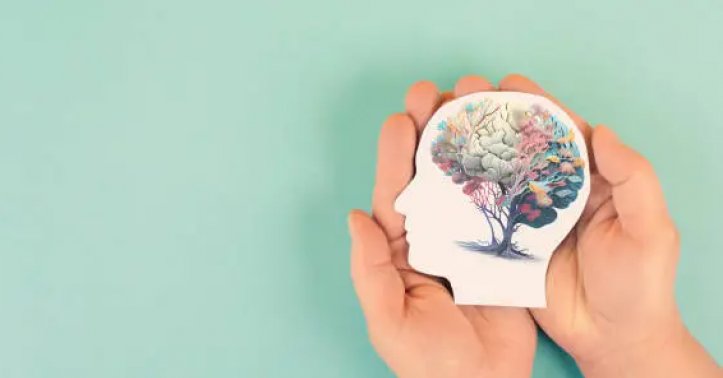
Can AI Actually Help Us Chill Out? The Surprising Connection Between Mental Health and Tech
Life has been coming at us fast lately. We’ve all got a hundred tabs open in our brains, and the constant scroll doesn’t help. It’s no wonder mental health is finally getting the attention it deserves. But amidst all the noise about unplugging, there’s an unexpected plot twist: artificial intelligence might actually be the tool we need to unwind. Keep reading to learn more about leveraging tech to make life a little lighter and our minds a little clearer.
The Unexpected Ally in Your Self-Care Routine
When we think of self-care, AI isn’t exactly the first thing that comes to mind. Yoga mats, meditation apps, maybe a skincare routine? Sure. But artificial intelligence? That’s a curveball.
Here’s the thing: AI’s power lies in its ability to simplify, streamline, and surprise us with insights we didn’t even know we needed. Imagine being able to offload your mental clutter to a system designed to organize, prioritize, and remind you—without judgment or that nagging human “Why didn’t you do this earlier?” tone.
Take journaling, for example. While it’s an old-school tool for mental health, AI can elevate it. Apps are now creating safe spaces where you can brain-dump your thoughts, and the tech analyzes patterns to help you spot triggers or emotional cycles. It’s like having a non-judgmental best friend who’s also a data analyst.
But the real game-changer? AI avatar design. It’s not just about creating virtual versions of yourself for fun (though, yeah, it’s kind of addictive). This tech has stepped into therapy sessions, allowing people to interact with avatars that mirror their emotions or guide them through calming exercises. The blend of creativity and empathy here is seriously next-level.
The Future of Personal Therapy Is Already Here
Mental health care is in the middle of a makeover, and AI is the unsung stylist. Therapists are using AI tools to enhance sessions, track progress, and even fill the gap during those long stretches between appointments. That’s where AI avatar video generators come in. Picture this: you’re guided through a mindfulness exercise by an avatar that looks and sounds like you—or the most soothing person you can imagine.
The personalized angle is key here. Whether you’re processing anxiety or just need a five-minute break from life’s chaos, these tools adapt to your specific vibe. For those who feel nervous about traditional therapy settings, AI offers an approachable, stigma-free alternative. The tech doesn’t replace human connection—it complements it, adding a layer of accessibility we’ve been missing.
And let’s not ignore the big picture: with AI stepping up, mental health resources are becoming more available to people who’ve historically been left out of the conversation. That’s progress worth celebrating.
Why Tech and Mental Health Aren’t the Enemies You Think
It’s easy to write off tech as a mental health villain. The endless notifications, doom-scrolling, and pressure to stay connected can be overwhelming. But what if we flipped the script?
AI is proving that it’s not the tech itself but how we use it that makes the difference. Tools designed with intention—like meditation apps that adapt to your mood or platforms that integrate parenting and technology to help overwhelmed caregivers—are redefining what balance looks like.
The key is mindfulness in our tech use. AI can help us take stock of where we’re spending our energy and redirect it toward things that actually fuel us. Less stress about logistics, more time for connection and creativity.
What About the Skeptics?
Look, the idea of AI as a mental health tool isn’t without its critics. And fair enough—technology is only as good as the people behind it. There’s always the risk of over-reliance or concerns about data privacy. But let’s not throw the baby out with the bathwater.
AI is a tool, not a replacement. It’s there to support the process, not replace the deeply human experience of healing and growth. When used thoughtfully, it’s like a good playlist: a background boost that keeps you moving forward.
The Bottom Line: Let’s Use What Works
The future of mental health care doesn’t have to be either/or. It’s not about choosing between unplugging and embracing tech. It’s about balance—finding ways to use AI as an extension of our intentions, not as a distraction.
And honestly, why not lean into the tools that can help us? Life is chaotic enough. If AI can lighten the load, make us laugh, or even just remind us to take a deep breath, that’s a win in my book.
So, is AI the ultimate mental health hack? Maybe not. But it’s a tool with endless potential, and in a world that feels like it’s spinning faster every day, we’ll take all the help we can get. Let’s embrace the weird, the new, and the unexpected—because chilling out is an art, and we could all use a little help getting there.








